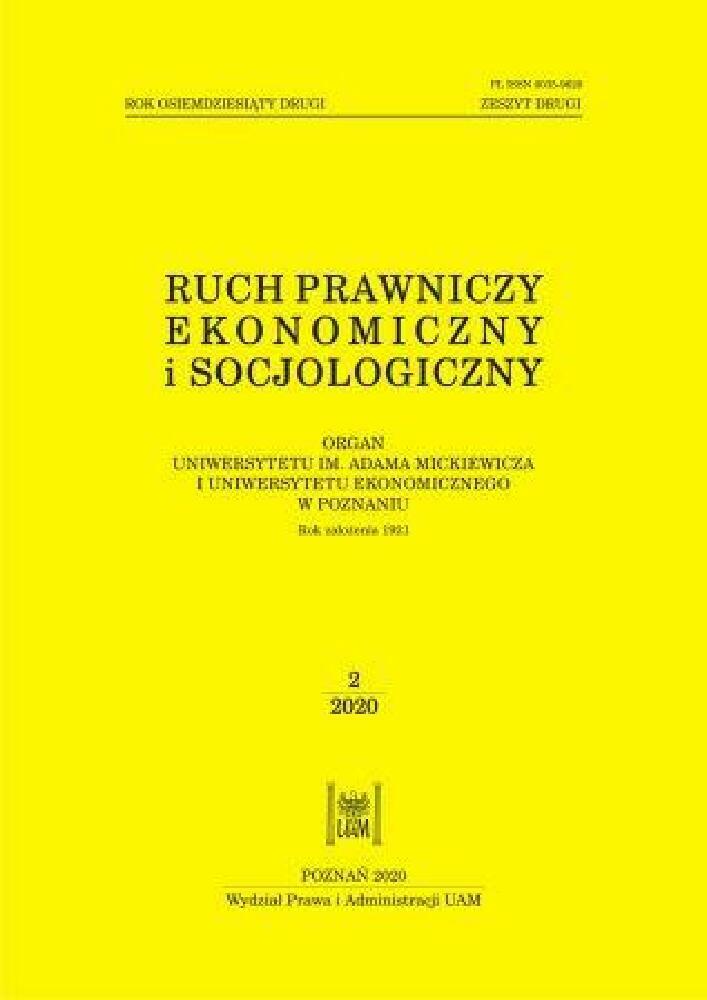Abstrakt
In this paper we aim to investigate the importance of the sports sector of the economy for macrolevel performance in the European Union Member States. The problem that we address is worthy of research focus as sport is a dynamically expanding and important sector of the economy. The increasing importance of sport in national economies cannot be fully analysed due to the lack of sufficient statistical data. In this paper, we provide a comparison of the Eurostat sports collections results and Sport Satellite Account-based examination of the contribution of sport to the GDP and value added. The analysis of statistical data is preceded by a description of the sports sector measurement. We establish that the contribution of sport is more remarkable for developed economies, however it has also been increasing over time in other EU Member States. This can be observed for employment, changes in enterprises’ statistics, and international trade. Household spending on sports goods and services also increases even if the Great Recession led to a downturn in sport consumption in some countries. The frequency and coherence of sports data collections related to its economic significance is not satisfactory. The issue needs to be given a higher priority by public authorities.
Bibliografia
Allmers, S., Maennig, W. (2009). Economic impacts of the FIFA Soccer World Cups in France 1998, Germany 2006, and outlook for South Africa 2010. Eastern Economic Journal 35(4): 500–519.
Cyganiuk, J. (2011). Aktywność ruchowa jako skuteczny środek profilaktyki zdrowotnej i promocji zdrowia młodzieży gimnazjalnej, [w:] M. Jurgielewicz-Urniaż (ed.), Sport i wychowanie zdrowotne, Olsztyńska Szkoła Wyższa im. Józefa Rusieckiego. Olsztyn: 85.
Grabowski, A. (2014). Znaczenie ekonomiczne sportu w Unii Europejskiej. Studia Ekonomiczne 176(14): 189–200.
Grabowski, A. (2017). Analiza Rachunku Satelitarnego Sportu w krajach Unii Europejskiej. Studia Ekonomiczne 316: 94–102.
Gibson, H., McIntyre, S., MacKay, S., Riddington G. (2005). The economic impact of sports, sporting events, and sports tourism in the U.K. The DREAM™ Model. European Sport Management Quarterly 5(3): 321–332.
Gratton, Ch. (1998). The economic importance of modern sport. Culture, Sport, Society 1(1): 101–117.
Jakobsen, J., Solberg, H.A., Halvorsen, T., Jakobsen, T.G. (2013). Fool’s gold: major sport events and foreign direct investment. International Journal of Sport Policy and Politics 5(3): 363–380. doi:10.1080/19406940.2012.717099
Kozłowska, E., Kowalczyk, A., Rząca, M., Kocka, K. (2015). Uczestnictwo w lekcjach wychowania fizycznego a rozwój kultury fizycznej po zakończeniu etapu edukacyjnego (Participation in physical education classes and development of the physical culture after educational stage). Journal of Education, Health and Sport 5(4): 355–365.
Matheson, V.A. (2009). Economic multipliers and mega-event analysis. International Journal of Sport Finance 4(1): 63–70.
Ministerstwo Sportu i Turystyki (2017). Rachunek Satelitarny Sportu dla Polski.
Porter, P.K., Fletcher, D. (2008). The economic impact of the Olympic Games: ex ante predictions and ex post reality. Journal of Sport Management 22(4): 470–486.
Rose, A.K., Spiegel, M.M. (2011). The Olympic effect. Economic Journal 121(553): 652–677.
Siwiński, W., Tauber, R.D., Mucha-Szajek, E. (2009). Wpływ światowego kryzysu finansowego na rozwój sportu, turystyki i rekreacji. Poznań.
Licencja
Prawa autorskie (c) 2020 WPiA UAM

Utwór dostępny jest na licencji Creative Commons Uznanie autorstwa – Użycie niekomercyjne – Bez utworów zależnych 4.0 Międzynarodowe.





